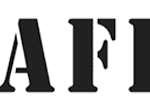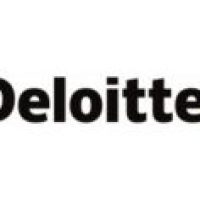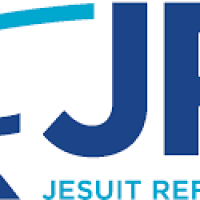The TCF in support of the implementation of the NORAD Project in Cameroon, will accompany two (2) Local Communities managing Community Forests in the Eastern Region, on the one hand, in the
organizational development of the local governance structure and improvement of CF management; and on the other hand, in the process of revising their various forest management and exploitation
documents. The TCF will work in collaboration with ReCTrad, and under the supervision of the Senior
Programme Officer and the Programme Support Officer – Forest Governance & Trade of the TRAFFIC
Central Africa Office.
2. TASKS AND EXPECTED RESULTS
A. Tasks :
§ Develop and implement a plan to support the two (2) Community Forests to update their
various forest management and exploitation documents, and ensure the organizational
development of the local governance structure and the improvement of CF management
including capacity building in contract negotiations and business management;
§ Support the two (2) Community Forests in the process of updating their various forest
management and exploitation documents (Refinement of geolocated inventories, Annual
Logging Certificate (ALC) 2025 and Participatory Review of the Simple Management Plan
(SMP) for an efficient implementation of their forestry activities during the year 2025;
§ Support and strengthen institutional, technical, and business capacities, as well as
participatory and inclusive management capacities of the two (2) Local Communities
managing Community Forests to guarantee smooth functioning and efficiency for shared
management of CF, better planning, and concerted use of the income generated by their
forests.
B. Expected Results :
§ A plan to support the two (2) Community Forests in revising forest management and exploitation
documents, providing organizational, technical, and business support, and participatory and
inclusive management of the CF, is developed, known, and implemented;
§ The forest exploitation documents (ALC and SMP) of the two (2) Community Forests are revised
in a participatory manner, and submitted to the validation of the MINFOF for an efficient
implementation in 2025 of the forestry activities of the communities concerned;
§ The concerned IPLCs are strengthened on local governance, for their proper functioning and
organizational management so that they can participate in their local development and become
empowered, through rational, transparent, and sustainable use of the income generated by their
forests.
3. STAGES OF THE SERVICE
§ Build on existing TRAFFIC baseline work on the in-depth and consolidated diagnosis of the CFs
involved;
§ Submit and have the methodology for performing the service validated;
§ Facilitate meetings and consultations, and incorporate inputs from relevant CF management
contacts;
Submit periodic progress reports;
§ Submit all deliverables for internal pre-validation by TRAFFIC;
§ Produce a final report of the service subject to pre-validation by TRAFFIC.
4. REQUIREMENTS FOR THE TECHNICAL CONSULTANCY FIRM
§ Have valid authorizations issued by the MINFOF for forest inventories and silviculture dating from
at least 5 years;
§ Have a multidisciplinary team with 5 to 10 years of experience and expertise in forestry, forest
management, forest inventories and silviculture, forest governance, botany, GIS mapping, wildlife
inventories, social sciences and economics, forest and/or development economics,
organizational development, contract negotiations and business management;
§ Demonstrate a proven knowledge of how to bring local structures into compliance with laws and
standards in Cameroon governing forest and environmental management;
§ Proven and solid experience in forestry work and support of local communities managing
community forests. Experience working in the area and/or with the local communities mentioned
above would be an asset;
§ Knowledge of SIGIF II and its operation in relation to Community Forests;
§ Have the necessary technical expertise to support communities in improving their local
governance structure;
§ Strong multi-stakeholder consultation skills, meetings organization;
§ Strong research, analytical and practical skills, and ability to articulate complex issues in clearly
written reports;
§ Strong networking and communication skills, and ability to work in different cultural contexts.










